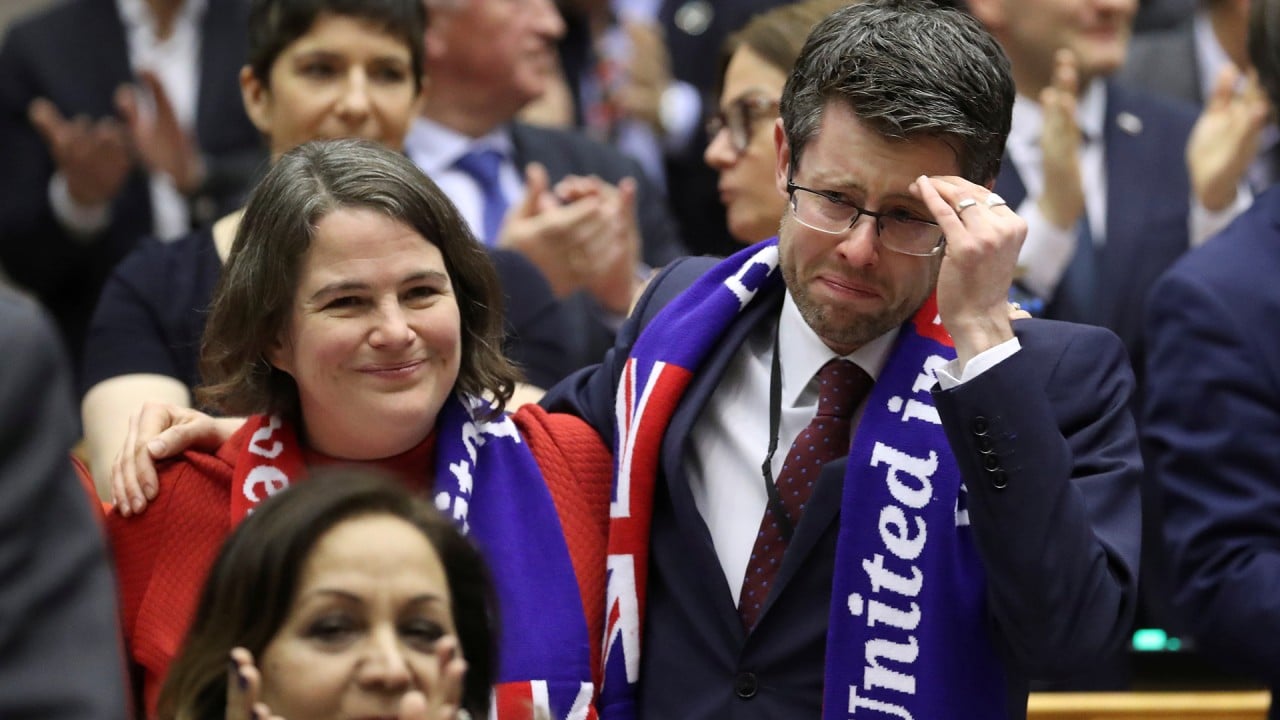
UK’s Brexit rules cost nation 330,000 workers, say economists
- Think tank figures are latest to show cost of leaving EU, with low-skilled sectors including retail and hospitality hit hardest by the end of freedom of movement
- Conservative government pushed to exit EU, with referendum in 2016, but is now struggling to contain the economic fallout
Brexit immigration curbs have led to a shortfall of 330,000 workers in the UK, contributing to a tighter labour market and fuelling inflation, a report showed.
Low-skilled sectors including retail and hospitality have been hit hardest by the end of freedom of movement following the UK’s departure from the European Union, according to an analysis by the Centre for European Reform (CER) think tank.
The figures are the latest to show the costs of Brexit to the UK economy. While Prime Minister Rishi Sunak’s Conservative government pushed for exiting the EU, it is now struggling to contain the economic fallout of the decision.
The UK government vowed to clampdown on the supply of cheap labour from Europe when it introduced a new post-Brexit immigration system.
Britain has lost about 1 per cent of its workforce due to the impact of Brexit, according to economists John Springford and Jonathan Portes at the research group. While that led to a 130,000 boost in non-EU workers by June 2022 compared to a scenario where immigration controls were not changed post-Brexit, it was wiped out by 460,000 fewer workers from the EU, the economists said.
Worker shortages have helped to fuel strong UK wage growth, creating more headaches for the Bank of England as it battles painfully high inflation. The CER said the biggest shortfalls of non-EU workers were found in the transport and storage, retail and hospitality sectors.
“The conditions of the new system, while liberal, are too onerous to compensate for the loss of free movement in low-skilled sectors of the economy, which has led to labour shortages,” said Springford and Portes. “Some combination of higher wages and prices and less output is likely, especially in work that is hard to automate.”
Inflation slowed in November but remains at around the highest level in 40 years, at 10.7 per cent.
Prices last year soared on supply constraints caused by Russia’s invasion of Ukraine, the lifting of pandemic lockdowns and Brexit fallout.
Additional reporting by Agence France-Presse


